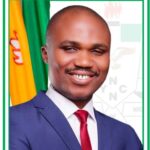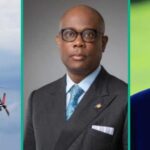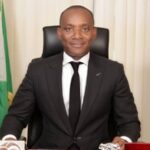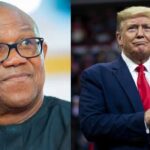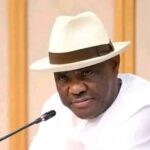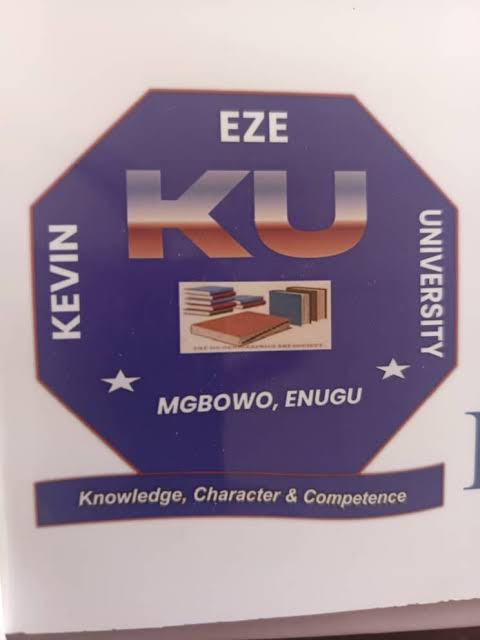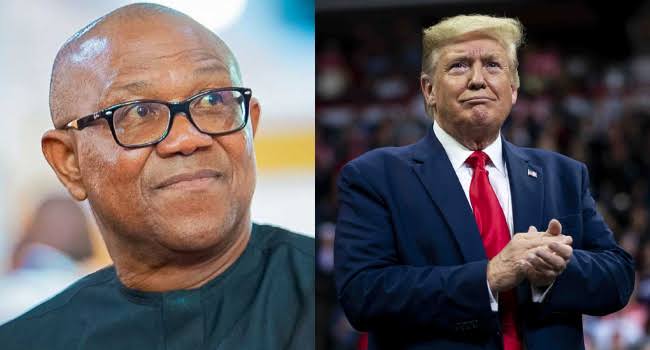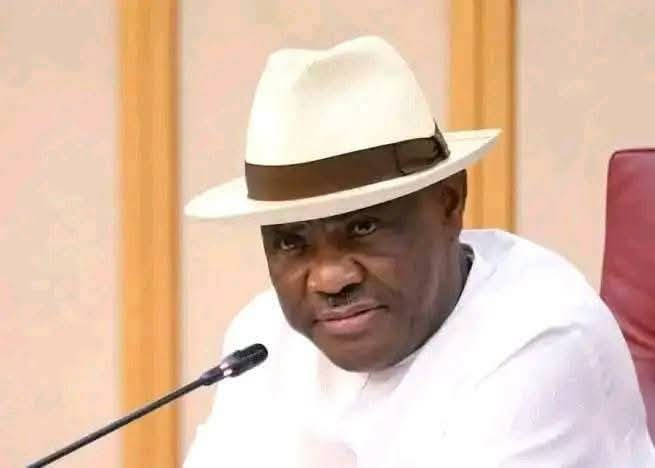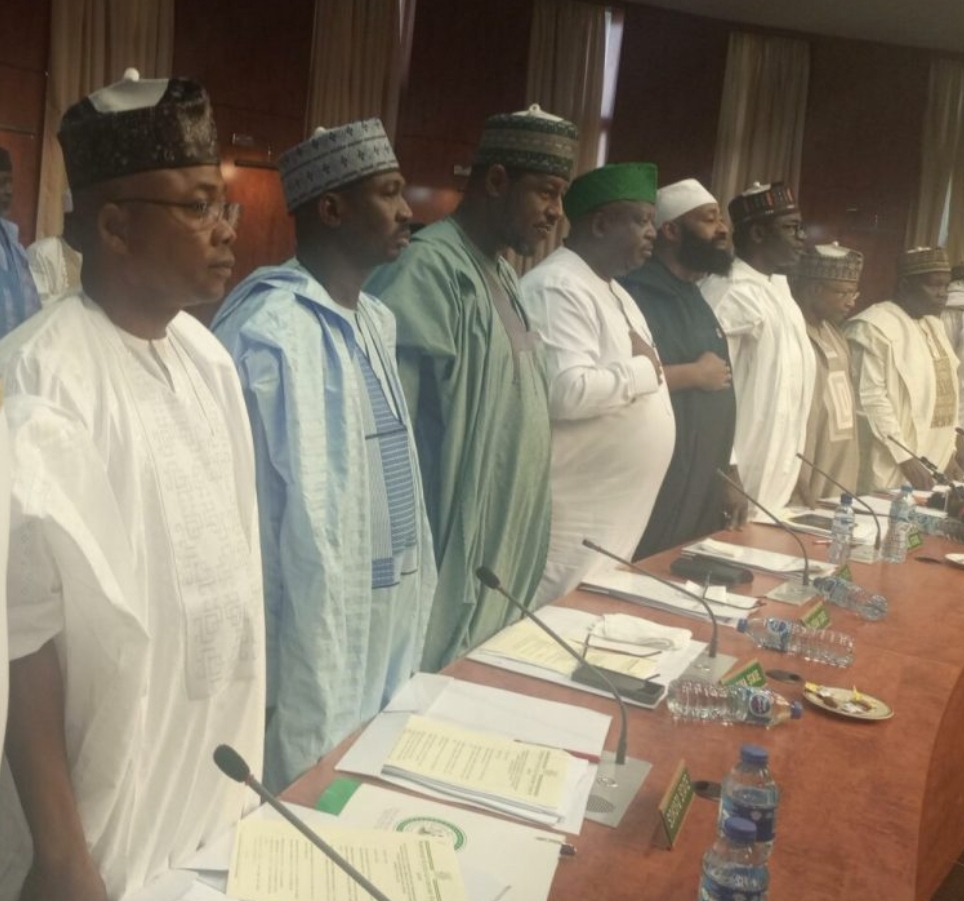Written by Clement Kubau
Nigeria’s former Head of State, General Abdulsalam Abubakar (GCFR), is a democratic model that should be celebrated not only in Nigeria and Africa but globally, and the United Nations should honour such an individual with an ambassadorial title using them as a model for other countries to learn their approach to acceptance of democracy for the good of the people in order to eliminate military governance in the world for the good of humanity.
General Abubakar blazed through the walls of Minna to military school; combing the forest of war in the South East with bullet wounds to keep Nigeria one. Born June 13, 1942, Gen Abubakar is a Nigerian statesman and retired military general who served as Nigerian Military Head of State from 1998 to 1999. He was also Chief of Defence Staff between 1994 and 1998 and has been living a life of selfless service to his country and humanity.
Gen Abubakar participated in many United Nations, African Union and ECOWAS peacekeeping missions in different parts of the world including Lebanon. Also, he was a chairman of the Commonwealth Observers Group to parliamentary election in Zimbabwe in 2000, and also chaired the military sub-committee for the Inter-Congolese Political Dialogue of 2001.
Been the chairman of the National Peace Committee for the 2023 general elections, Gen Abubakar, in his continuous effort to sustain two decades and four years democratic governance in Nigeria is quite commendable.
Recall that on June 8, 1998, General Sani Abacha, the then military Head of State died of a reported heart attack and was replaced by General Abubakar. Upon assumption of office, he released political prisoners and initiated political, economic and social reforms geared towards the restoration of democracy in Nigeria, as well as relations between the United States and the West Africa.
No doubt, restoration of democratic government by Gen Abubakar in 1998 places Nigeria on a consistent progress in strengthening its democracy despite the economic challenges it faces. However, the country remains relatively stable, becoming a democratic model to other African countries.
When he told Nigerians and the global community that he would return the country to a democratic system, people didn’t believe he could sacrifice his official power and comfort to enable the citizens participate in governance and decide who governs them. Being an honest and passionate leader, he fulfilled his pledge and today the country enjoys global recognition as the biggest democratic nation in Africa and one of the biggest democracies in the world.
This was possible because a general-turned-democratic-model, Abdulsalmi Abubakar, created a conducive democratic environment in which the power to govern comes from the people as elected officials represent their interests.
This system of government allows Nigerian citizens to participate in government in many ways, all thanks to the promise keeper, Gen Abdulsalami Abubakar.
The former Head of State not only ensured a trajectory for a return to civilian rule, he made sure that the process was smooth and the politicians adhered to the rule. It is a glowing tribute to him that several years after leaving office, he has continued to play the role of a cheer-leader for the nation’s democracy despite enormous odds and the tenacity of the political class not to play by the rules.
In all elections that have taken place in Nigeria since he left office, the general, in collaboration with other prominent Nigerians like Bishop Matthew Hassan Kukah; His Eminence Sa’ad Abubakar (CFR), the Sultan of Sokoto; His Eminence John Cardinal Onaiyekan, Catholic Bishop Emeritus of Abuja; former Common Wealth secretary-general, Chief Emeka Anyaoku, amongst others, has played the critical role of a peacemaker and contributed to peaceful and orderly conduct of elections and smooth handing over processes.
The former Head of State was in 2004 appointed special envoy of the chairman of AU to Chad and Sudan, as well as Commonwealth secretary-general’s special envoy to Republic of the Gambia (2005) and was appointed ECOWAS chief mediator during the crisis in Niger and further facilitated the peace process in Liberia.
Due to Gen Abunakar’s dexterity and leadership qualities, patience and commitment to peaceful democracy around the World, he has been appreciated across the glone, but the UN needs to honour him with a strategic award, engaging him to spearhead return to democracy in some of the countries suffocating with military rule.
–Kubau, a socio-political analyst, writes from Kaduna State


